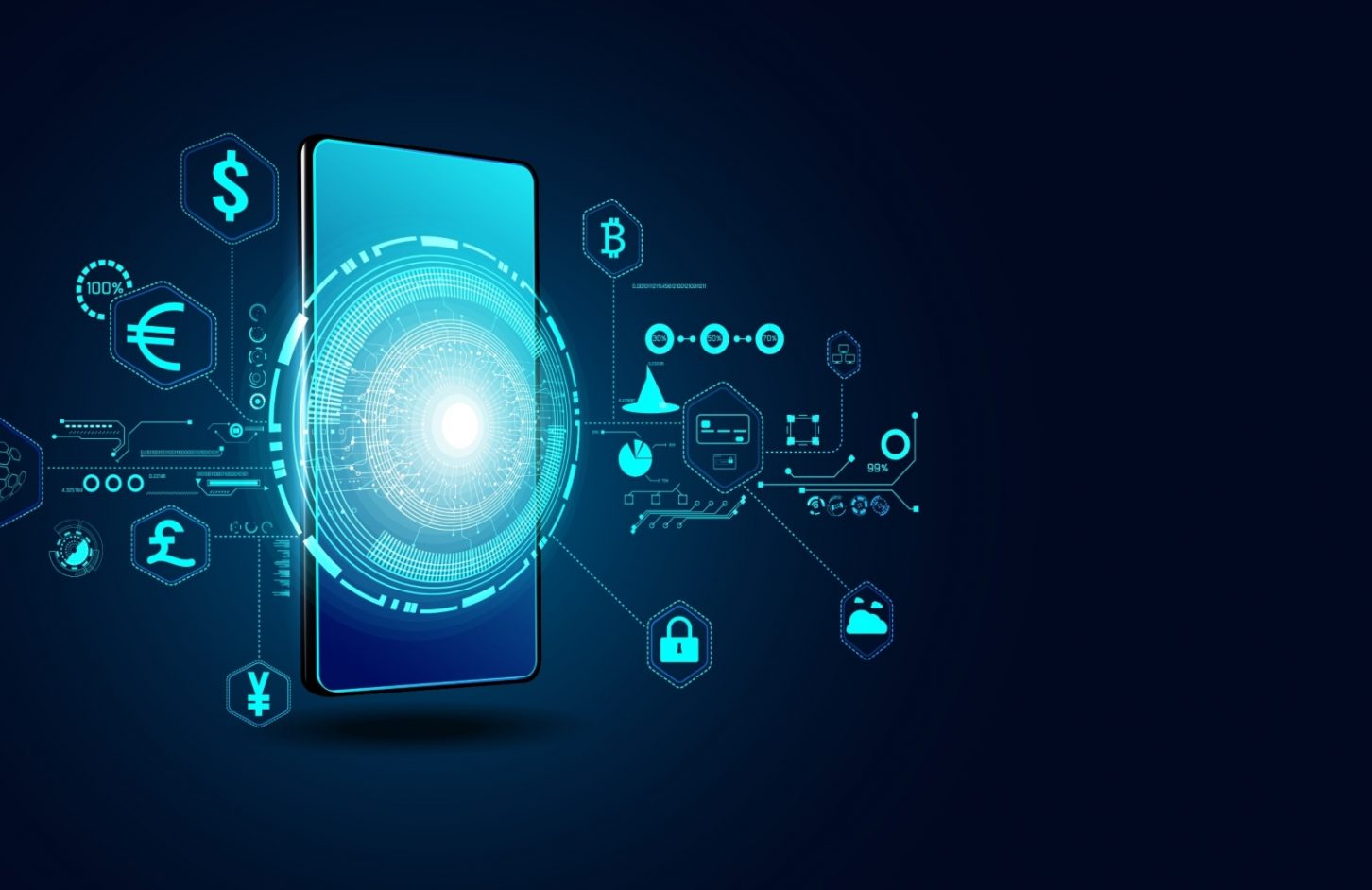The intersection of fintech and the gaming industry has helped to improve convenience, speed, and security for gamers. Players no longer have to deal with slow deposit processes or wait long periods to receive money after withdrawing their winnings. Fintech innovations are enabling fast gaming deposits and payments, revolutionising the way players access their funds.
In this article, we will explore how fintech is reshaping the gaming industry by providing fast money withdrawals, enabling digital wallets across platforms, optimising payment verification processes, enhancing payment security, and how blockchain technology is playing a key role in the growth of esports tournaments.
Fast Withdrawal Systems
A significant advancement in the gaming industry has been the emergence of fast withdrawal systems that provide instant payments to players. This has benefited multiple areas of the gaming world that rely on trustworthy deposit and withdrawal systems, like the online casino sector. Using this industry as an example, withdrawing your winnings from an online casino was usually a lengthy and frustrating task, often taking a few days and sometimes weeks. Developments in fintech have improved these processes, resulting in instant and secure payouts to online casino players.
These fast withdrawal systems are powered by advanced payment processing technologies, including digital wallets and mobile payment apps. Online reviews of fast withdrawal casinos suggest that PayPal, Skrill, and Apple Pay are among the fastest payment methods you can use to withdraw your winnings. With these secure fintech solutions, online casino players and other online gamers can quickly initiate a withdrawal and receive their funds instantly.
Digital Wallets & Payment Apps
As previously mentioned, online gaming platforms have been embracing modern fintech developments such as digital wallets and payment apps. Digital wallets like Apple Pay and Google Pay, as well as apps like Paypal and Skrill, play a vital role in the world of gaming by minimizing friction between purchasing, playing, and withdrawing funds.
For example, many gaming platforms now offer in-app or in-game purchases, where players can buy virtual items, currency, or upgrades with a single click. Digital wallets and payment apps allow players to make these purchases quickly without having to enter their payment details each time. Players can also easily transfer funds between each other, which is great for players in tournaments who want to avoid long processing times and transaction fees.
Payment Verification Processes
While speed is essential, security remains a top priority in the gaming industry. Fintech innovations have not only accelerated cashout processes but also improved the verification procedures to ensure that withdrawals are safe and legitimate.
Advanced identity verification methods such as biometrics are becoming increasingly common. A recent study by Statista found that 51% of people use biometrics to make payments online. These technologies enhance security by identifying the player through fingerprint scanning or face/voice recognition. Integrating these verification methods into the deposit and withdrawal verification processes reduces the risk of fraudulent transactions while speeding up the user experience.
Additionally, advanced algorithms and artificial intelligence are used to detect suspicious activities, helping to prevent unauthorized deposits and withdrawals. These systems can flag any unusual behavior, adding an extra layer of security to the transaction process.
Safety & Security
Payment security is a paramount concern for both players and gaming operators. We already touched on the safety advantages of biometrics, and online gaming platforms have introduced other advanced security measures to protect financial transactions within gaming apps.
One example of this is tokenisation. This involves replacing important payment information, such as credit card numbers, with unique tokens. These tokens are virtually impossible to reverse-engineer, making it difficult for cybercriminals to steal payment data. This technology ensures that players’ financial information remains safe and secure while making purchases or withdrawing their winnings.
A 2022 report from Juniper forecasted that tokenised payment transactions are set to exceed 1 trillion globally by 2026. This popularity is not only driven by the safety of the technology but also the speed. It’s not surprising that it’s increasingly used for online gaming deposits and withdrawals. The combination of tokenization and biometrics creates a strong security framework that ensures players’ sensitive financial information is safe, giving them peace of when playing online.
Blockchain Technology
Esports tournaments have been growing in popularity over the last number of years, attracting participants and spectators from around the world. There are numerous stakeholders with lots of money on the line involved in esports, including players, game developers, managers, sponsors and advertisers. The transparency of blockchain means that all stakeholders can be confident across the different areas of the industry, including payments. This helps eliminate any disputes over payments between the various stakeholders.
With this in mind, cryptocurrencies, which are built on blockchain technology, are becoming more popular. Blockchain consensus algorithms ensure that cryptocurrency payments are immutable. For esports stakeholders, this means that they will receive payments without the risk of transactions bouncing. Crypto payments also allow fast and cost-effective payments, as opposed to the longer times that traditional banking systems take.
As esports becomes recognised globally as a professional sport, safe and fast fintech solutions are crucial for the legitimacy of the industry.
Conclusion
In conclusion, fintech is reshaping the gaming industry by introducing fast withdrawal systems, adapting digital wallets and payment apps, optimizing payment verification processes, enhancing payment security with tokenization and biometrics, and legitimising virtual currency payouts for esports tournaments. These innovations are not only enhancing the gaming experience but also promoting responsible gaming practices and providing players with the convenience and security they deserve in the digital age. As technology continues to evolve, we can expect even more exciting developments in the area of online gaming.

